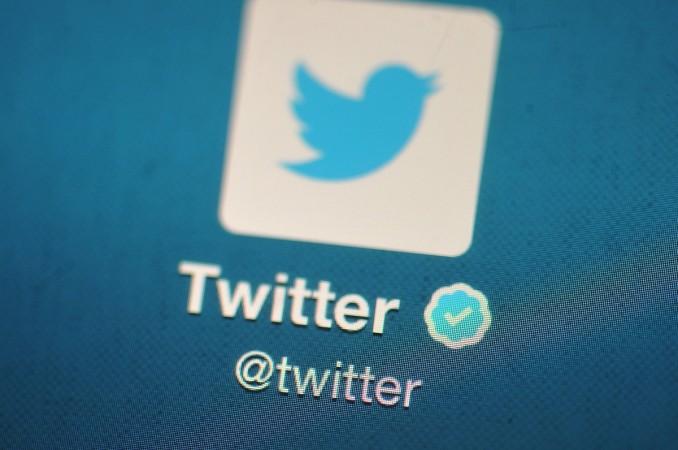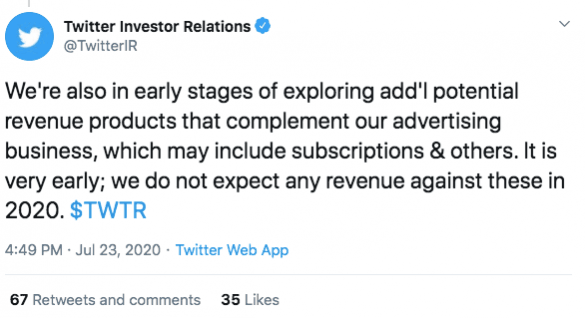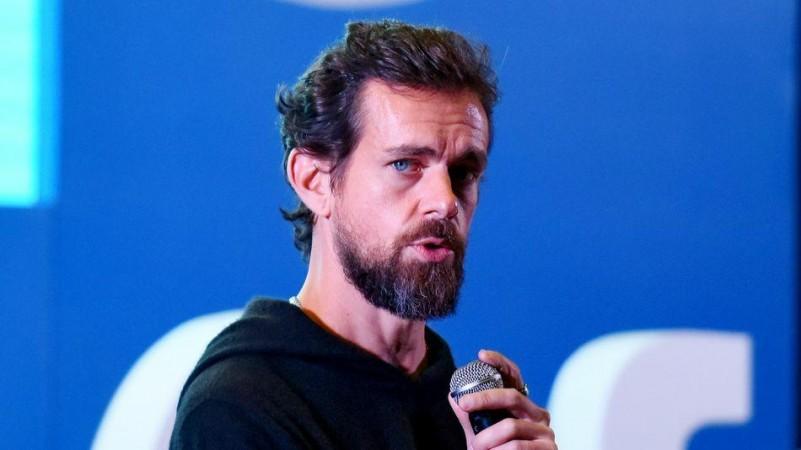
Twitter has always been heralded as a platform not restricting anyone from joining it, a space to chat and express. However, the whole dialogue on the app might change, even the demography might in the coming months. On July 23rd, the company announced that it is 'exploring' subscription models for its users.
This move is a result of the pandemic, which has hit every sector and company hard. Twitter has witnessed a sharp fall in ad revenues. However, this asks a question, what does it mean for us?
Twitter CEO on subscription-based platform
It's unimaginable for people on the internet to think about paying for Twitter. The 'free' aspect of Twitter is what allows it to soar across the globe. However, this might not be the case for very long.
The company recently came off its quarter one with its reports. Interestingly while it's user base expanded sizeably in Q1, with 186 million active users on a daily basis. Still, the company reported an operating loss of $124 million with a slow down in ad revenues in the first quarter.

Total revenues also showed a decrease of 19% due to the pandemic. Added to this in the US revenues slowed down for the company due to civil unrest in May-June. This might lead to a shift in the way the platform operates here onwards.

Further, in an investor call, CEO Jack Dorsey said, "you will likely see some tests this year." He emphasised that "a really high bar for when we would ask consumers to pay for aspects of Twitter." But, "We want to make sure any new line of revenue is complementary to our advertising business," Dorsey said, reported CNN.
What does this mean for Twitter users?
Should users of the platform like us be on guard? Since nothing is yet concretised, we can't really know if we'll wake up tomorrow to open Twitter tomorrow only to find that we have to subscribe to it. In a post-pandemic world where everything has turned virtual, we can't expect that the internet will stay free.
Moreover, platforms and social media platforms at that drive interaction and a sense of community, turning into paid services raises the question of where can one express themselves at a cost of more than just personal embarrassment.
IBTimes reached out to netizens to float the idea of whether people would pay to use services on Twitter to those who use the platform regularly and those who use it occasionally. However, there was a general consensus communicated in the process that the majority of netizens didn't feel they would pay for services on the platform as it is currently if it were to go down that route.
Some said they don't see the point of paying for something they don't use often, and important tweets usually make it to other platforms in a matter of hours, so paying to see something that will be eventually carried didn't seem appealing. Another viewpoint was that not all the information on the platform is particularly reliable and so paying for Twitter, didn't seem like something they would go for, anonymous users said.
It also begs the questions if people are willing to pay to use the platform. That still remains uncertain. For many people the platform has become a window to a much larger world for identities to sustain themselves, to suddenly have to pay to curate one's online space would seem rather ironic.
The concept of subscription-based models for platforms to create revenue streams is not new and will continue, content, of course, has never been entirely free. But, will your voice and medium to express have to become paid for? That's a scary question to ask.


![Ultrahuman launches Ring PRO, free charging case with more than just power and Jade AI [details] Ultrahuman launches Ring PRO, free charging case with more than just power and Jade AI [details]](https://data1.ibtimes.co.in/en/full/829151/ultrahuman-launches-ring-pro-free-charging-case-more-just-power-jade-ai-details.png?w=220&h=135&l=50&t=40)



![Ultrahuman launches Ring PRO, free charging case with more than just power and Jade AI [details]](https://data1.ibtimes.co.in/en/full/829151/ultrahuman-launches-ring-pro-free-charging-case-more-just-power-jade-ai-details.png?w=220&h=138)







![Ultrahuman launches Ring PRO, free charging case with more than just power and Jade AI [details]](https://data1.ibtimes.co.in/en/full/829151/ultrahuman-launches-ring-pro-free-charging-case-more-just-power-jade-ai-details.png?w=220&h=135)


